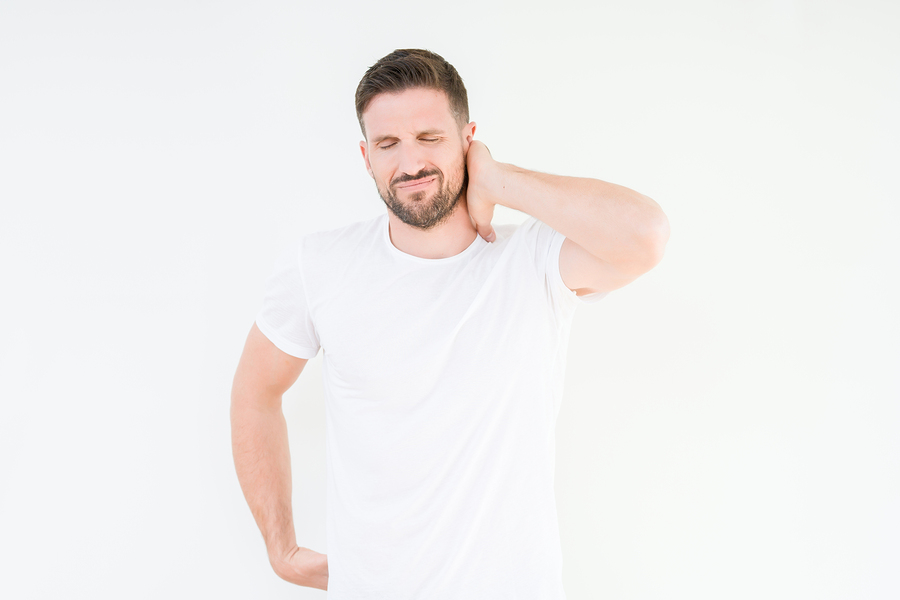Neuromuscular issues can cause pain in the muscles and the nerves that control them. This pain can greatly affect the quality of life through reduced function, decreased mobility, and increased depression and mood disorders.
There must be hundreds of thousands of people experiencing neuromuscular pain and the consequences of that pain right now who don’t know how to effectively treat it. If only they knew, some of them could find relief from their pain through the proper dental care. Here’s how the two are connected.
Physiologic Dentistry and Physiologic Orthodontics
Physiologic dentistry and orthodontics use dental and orthodontic approaches to address problems in the body that stem from the mouth, bite, and jaw. They take into account the fact that everything in the body is connected; that the mouth is not an island unto itself. Pain and dysfunction there can affect other parts of the body, and pain and dysfunction in other parts of the body can affect the mouth. In my experience treating patients in this manner, I’ve found that this approach can work exceptionally well to address neuromuscular pain.
When I first came to this approach after taking a course on physiologic dentistry at the Las Vegas Institute for Advanced Dental Studies, I got really excited about the care I’d be able to offer my patients, care that most doctors and neurologists weren’t able to offer because it’s outside the scope of their practice. I knew that I could use my knowledge to prevent or eliminate pain and help my patients get back the quality of life they’d lost.
As the Cause of Neuromuscular Pain?
Unfortunately, dentists who don’t take a physiologic and holistic approach to patient care and who don’t fully understand how everything in the body connects can sometimes cause more harm than good.
For instance, standard orthodontic practice when treating teenagers is to straighten the teeth and then pull them back into the arch. This may work fine or it may make the problem worse if the orthodontist doesn’t consider what caused the problem in the first place and address that before trying to straighten teeth. If done out of order, orthodontic treatment may straighten teeth but actually cause neuromuscular problems as well as issues with the jaw joint and airway obstruction that impacts sleep.
This lack of understanding in many of the orthodontists I used to refer my patients to actually prompted me to devote myself to studying orthodontics. I knew if I did, I could offer orthodontic treatment to my patients myself instead of having to refer them out, where I couldn’t be sure of the results. Although I didn’t study orthodontics in school, I am deeply immersed in the field and now have many years’ experience under my belt treating my patients and getting great results.
Untreatable, Unexplained Pain? See a Physiologic Dentist
If you’ve been suffering from unexplained pain and haven’t found an effective treatment yet, seek out a physiologic dentist. There aren’t many of us, but our numbers are growing. You may discover that the pain you thought would be with you for the rest of your life is actually stemming from problems with the jaw or bite and can be treated relatively easily.

 Dr. Ami Barakat
Dr. Ami Barakat